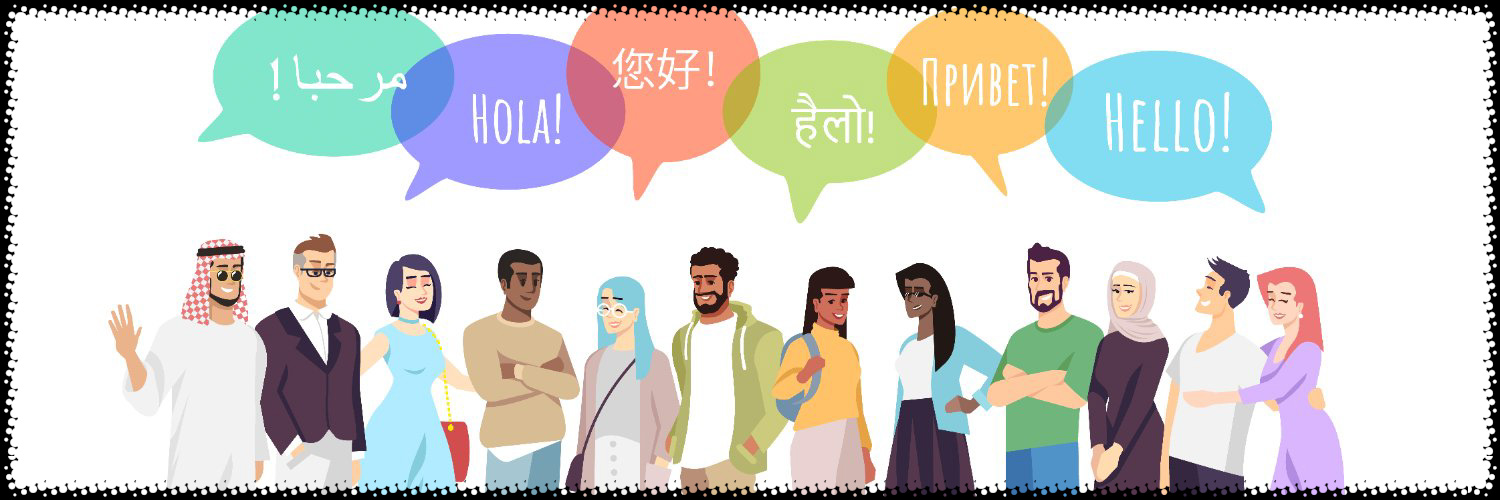Foreign Translators

Main Characteristics of Foreign Translators
For a US client, foreign translators are translators born outside of the United States. Of course, from the perspective of other countries, a foreign translator could be an American translator. Whenever our clients need to translate English content into another language, we will assign the translation to foreign nationals who speak the target language as native speakers.
What Makes a Foreign Translator Different
Foreign translators are language professionals who usually like mobility and take advantage of the fact that translation services can be done anywhere. The best translators stay in their home countries instead of migrating to a different country for good. Staying in their native country helps them be aware of the constant changes in language.
These are 3 of the main differences we see when working with translators outside of the United States:
1. Education
Unlike American translators, who have easy access to the best translation schools globally, foreign translators usually learn the ropes mostly by practicing. Higher-end professionals will eventually participate in international congresses and enroll in professional education courses in translation. However, only after making enough money with translation, they will be able to afford such an education.
Translators in Europe may represent an exception since their economies are closer to the US. There are competitive translation schools and associations in Europe, although in a much smaller proportion as in the US.
2. Personalities
Foreign translators are usually excited to work with clients and agencies from the US. The US economy and currency strength mean that translation projects originated in America are highly desirable. US clients and agencies also have a better history of paying translators fairly and on time.
Translators may also have particularities aligned with their nationalities. French translators, for example, are usually picky and cantankerous. Latin translators may see themselves as superheroes who can handle any subject matter and workload in any timeline. Japanese translators will also take more time to perform a translation given their attention to details and search for a perfect translation.
Translators in Africa and other developing nations with languages that are less usual will not have as much demand. So, whenever they have an opportunity to work, they bend backward to get the job.
3. Grit
Different countries mean different cultures and professional traits. However, we can tell that most developers outside of the US are willing to do what it takes to participate in a well-compensated translation project. Working long hours and over the weekend are just two examples of how far they are willing to go.
Foreign translators are a central piece of the translation puzzle. Without people working around the globe with languages, there wouldn’t be global communication.
Main Languages Translated by Foreign Translators
Most foreign translators will be working with one of these language pairs:
- English to Spanish
- ish to Chinese
- English to Russian
- English to Portuguese
These four language pairs alone are responsible for more than 50% of the translation work provided by foreign translators.
